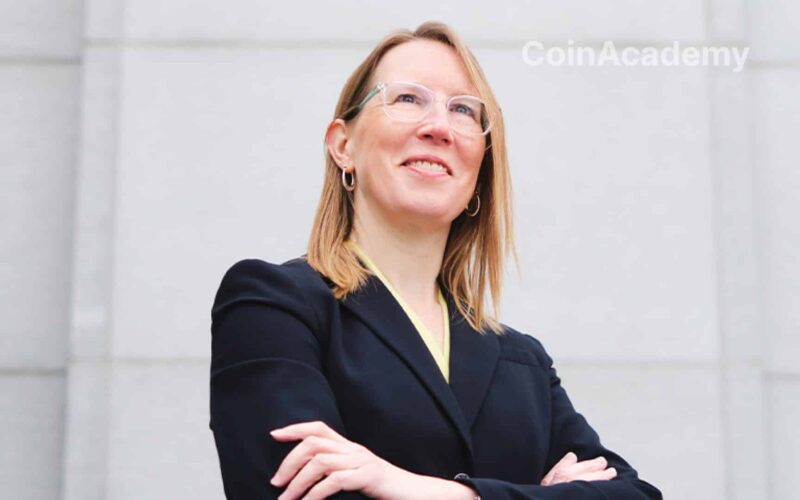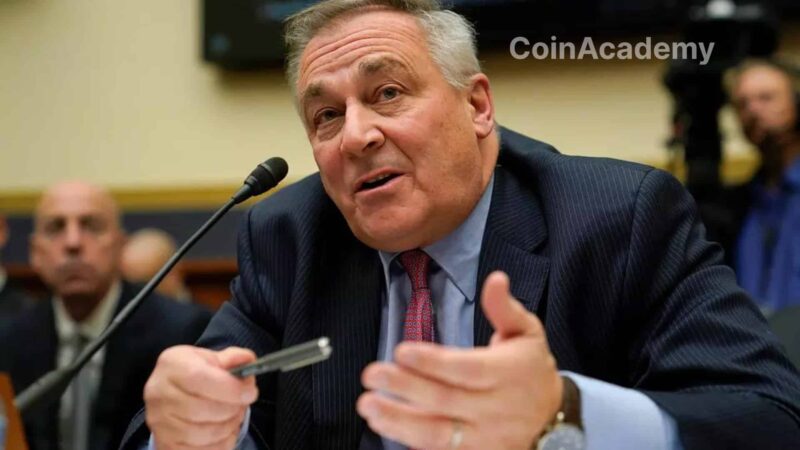SEC Launches Task Force Led by Hester Peirce to Clarify Digital Asset Classification and Reduce Regulatory Uncertainty
The Securities and Exchange Commission (SEC) is undergoing a radical shift in its cryptocurrency regulation with the establishment of a dedicated task force. Led by Republican Commissioner Hester Peirce, who is widely regarded as pro-crypto, this new entity aims to clarify which crypto assets fall under the classification of securities and which can be considered ‘non-securities.’ This initiative seeks to bring more clarity to businesses in the sector, which often face paralyzing legal uncertainty.
A New Task Force to Clarify Digital Asset Classification
In the wake of the departure of former SEC Chairman Gary Gensler, known for his strict approach and insistence on registering crypto companies as securities, this change in direction marks a significant shift. During his tenure, the SEC favored a policy of ‘regulation through enforcement,’ resulting in numerous lawsuits against industry players. This model drew criticism from the industry, which argued that the rules were ill-suited to the specificities of digital assets and practically impossible to comply with. With Mark Uyeda assuming the role of interim chairman and a Republican majority at the SEC, the focus is now on appeasement and revisiting regulatory approaches.
The SEC has also scaled back its enforcement efforts in the crypto space, reassigning a special unit of 50 lawyers and staff dedicated to crypto regulation.
Towards a More Pragmatic and Constructive Approach
One of the key measures envisaged by the task force is the introduction of a temporary framework for token offerings, including retroactive protection for certain projects. According to Hester Peirce, this would allow issuing entities to provide accurate and up-to-date information about their digital assets, while also accepting the SEC’s jurisdiction in cases of fraud allegations. This unprecedented approach signals a step towards regulation that is more adaptable to the realities of the crypto ecosystem.
In parallel, the task force intends to collaborate closely with other regulatory bodies at the federal, state, and international levels. Peirce emphasizes the need for open dialogue with all stakeholders, be it innovators, investors, or skeptics.
The Appointment of Landon Zinda to Facilitate Transition
To support this new dynamic, the SEC has announced the appointment of Landon Zinda, former director of policy at Coin Center, as the senior advisor to the crypto task force. His experience in advocating for the rights of blockchain businesses and cryptocurrency users could play a crucial role in shaping more coherent and balanced rules.
A Hope for the Cryptocurrency Industry
This shift in the SEC’s approach could be a decisive turning point for crypto companies in the United States, which have long grappled with regulatory uncertainty. By fostering a more constructive dialogue and considering regularization mechanisms, the new task force offers a more promising outlook for innovation and the adoption of digital assets.




